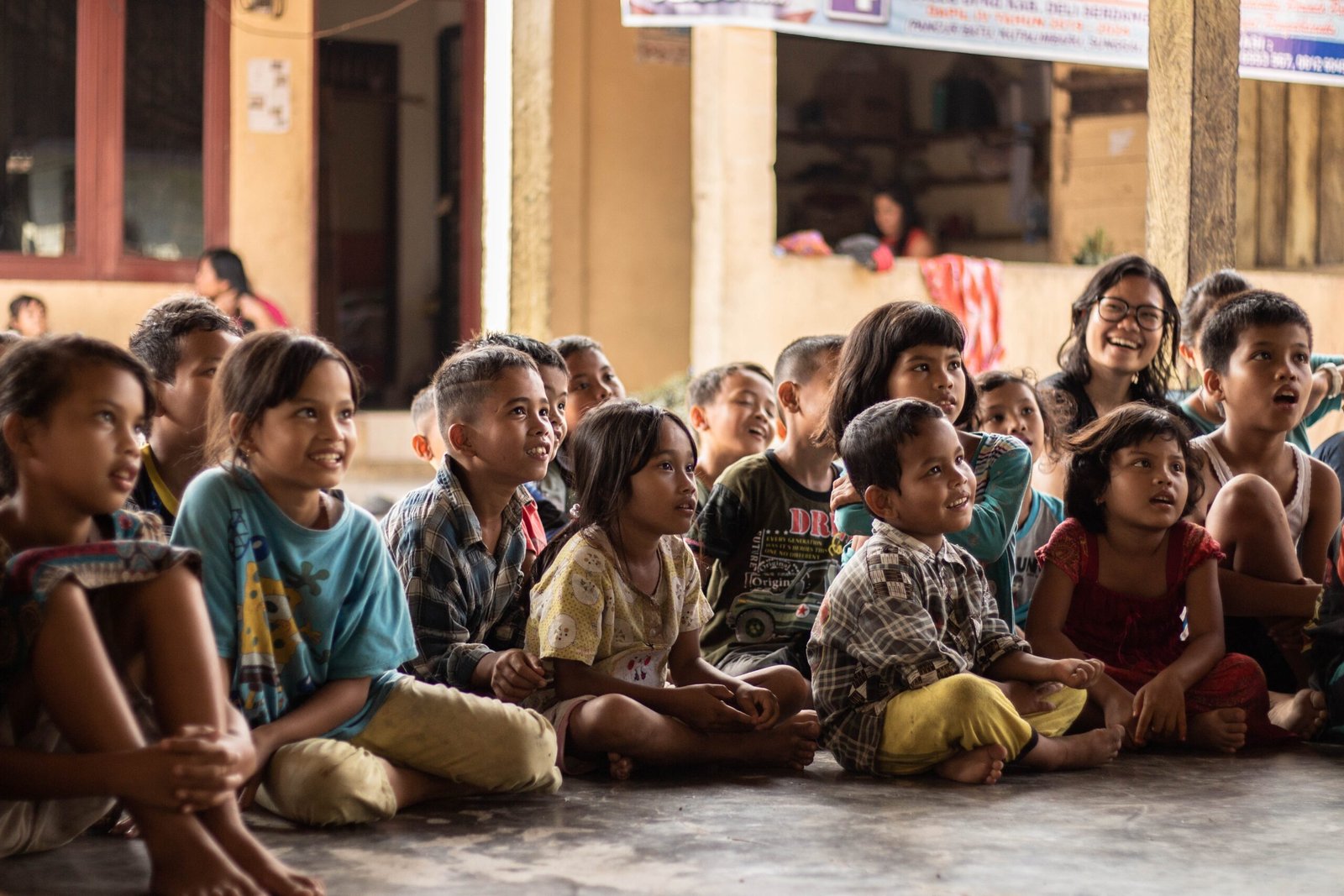So, you may have heard about kidney stones in adults, but did you know that children can also develop them? It’s a surprising and concerning issue that parents should be aware of. In this article, we’ll discuss the importance of kidney stone prevention in children and provide you with all the information you need to keep your little ones safe and healthy. From understanding the causes to adopting preventive measures, we’ve got you covered. So, let’s dive in and equip you with the knowledge you need to protect your child from kidney stones.
Causes of Kidney Stones in Children
Excessive urinary calcium
Excessive urinary calcium is one of the main causes of kidney stones in children. When there is an imbalance in the body’s calcium levels, the excess calcium can form crystals that eventually develop into kidney stones. This can happen when a child’s body absorbs more calcium than it needs, or if their kidneys are not able to properly filter out the excess calcium.
Dehydration
Dehydration is another common cause of kidney stones in children. When the body doesn’t have enough fluids, the urine becomes more concentrated, which increases the risk of stone formation. Dehydration can occur due to not drinking enough water, excessive sweating, or certain medical conditions that affect fluid balance.
Family history of kidney stones
A family history of kidney stones can also increase a child’s risk of developing them. If a parent or close relative has had kidney stones in the past, there is a higher likelihood that the child may also develop them. This can be due to a combination of genetic factors and shared lifestyle habits that contribute to stone formation.
Symptoms of Kidney Stones in Children
Severe abdominal or back pain
A common symptom of kidney stones in children is severe abdominal or back pain. This pain can be sudden and intense, often described as a stabbing or cramping sensation. The pain may come and go, and it may be accompanied by nausea or vomiting.
Blood in urine
Blood in the urine, also known as hematuria, is another symptom of kidney stones in children. This can be seen as pink, red, or brown discoloration in the urine. However, it is important to note that not all cases of kidney stones will result in visible blood in the urine, and sometimes the blood may only be detected through laboratory tests.
Frequent urge to urinate
Children with kidney stones may also experience a frequent urge to urinate. This can be attributed to the irritation caused by the stones in the urinary tract. However, it is important to differentiate between increased frequency due to kidney stones and other possible causes, such as urinary tract infections.

This image is property of images.unsplash.com.
Diagnosis of Kidney Stones in Children
Physical examination
A physical examination is often the first step in diagnosing kidney stones in children. The healthcare provider will evaluate the child’s symptoms, perform a thorough medical history review, and conduct a physical examination to check for signs of tenderness or pain in the abdomen or back.
Urinalysis
Urinalysis is a common diagnostic test used to detect the presence of kidney stones in children. This involves analyzing a urine sample for various substances, such as crystals, blood, or infection markers. The results of the urinalysis can provide valuable information about the child’s urinary health and help confirm the presence of kidney stones.
Ultrasound or CT scan
Imaging studies, such as ultrasound or CT scans, may be necessary to confirm the diagnosis of kidney stones in children. These tests can provide detailed images of the urinary tract and help identify the size, location, and number of stones present. Ultrasound is often preferred for younger children due to its non-invasive nature, while CT scans may be used for older children or in more complex cases.
Dietary Changes for Kidney Stone Prevention
Increased fluid intake
Increasing fluid intake is crucial for preventing kidney stones in children. Encouraging your child to drink plenty of water throughout the day can help dilute the urine and reduce the risk of stone formation. It is recommended that children aim for at least six to eight glasses of water daily, or more if they are involved in strenuous physical activity or live in hot climates.
Reduced sodium consumption
Reducing sodium consumption can also help prevent kidney stones in children. High levels of sodium in the diet can lead to increased calcium excretion in the urine, which can contribute to stone formation. Limiting processed foods, fast food, and adding less salt to meals can help reduce sodium intake and promote better urinary health.
Balanced calcium intake
Maintaining a balanced calcium intake is essential for preventing kidney stones in children. While excessive urinary calcium can contribute to stone formation, it is important for children to consume adequate amounts of calcium for overall bone health. Encourage your child to consume calcium-rich foods, such as milk, yogurt, cheese, and leafy greens, while avoiding excessive calcium supplementation.

This image is property of images.unsplash.com.
Importance of Hydration
Benefits of drinking water
Staying hydrated is crucial for overall health, and it plays a significant role in preventing kidney stones in children. Drinking an adequate amount of water helps flush out toxins from the body, including substances that could potentially form kidney stones. Hydration also maintains proper urine volume and dilution, reducing the concentration of minerals that can contribute to stone formation.
Signs of dehydration in children
It is important to recognize the signs of dehydration in children to ensure they are properly hydrated. Signs of dehydration may include increased thirst, dry mouth, dark-colored urine, infrequent urination, fatigue, and dizziness. If you notice these symptoms in your child, it is essential to offer them fluids and seek medical attention if the symptoms persist.
The Role of Medication
Prescribed medications for stone prevention
In some cases, healthcare providers may recommend prescribed medications to help prevent kidney stones in children. These medications are typically used when lifestyle modifications alone are not sufficient. Common medications used for stone prevention include thiazide diuretics, potassium citrate, and allopurinol. These medications work to regulate urinary chemistry and reduce the risk of stone formation.
Treatment of underlying causes
Addressing and treating underlying causes is essential in preventing kidney stones in children. If there is an underlying medical condition that increases the risk of stone formation, such as hyperparathyroidism or urinary tract abnormalities, appropriate treatment measures will be implemented. Managing these underlying causes can significantly reduce the likelihood of recurrent kidney stones.

This image is property of images.unsplash.com.
Lifestyle Modifications
Encouraging regular physical activity
Regular physical activity is not only beneficial for overall health but also plays a role in preventing kidney stones in children. Exercise can help maintain a healthy weight, improve bone density, and support proper urinary function. Encourage your child to engage in age-appropriate activities such as sports, dancing, or outdoor play to promote an active lifestyle.
Limiting sugary drinks
Limiting the consumption of sugary drinks is important for kidney stone prevention in children. Beverages high in sugar, such as soda or fruit juices, can increase the risk of stone formation due to their high fructose content. Opt for water, unsweetened beverages, or diluted fruit juices instead to ensure your child receives proper hydration without excessive sugar intake.
Avoiding excessive salt
Avoiding excessive salt intake is another important lifestyle modification to prevent kidney stones in children. Salt contains high amounts of sodium, which increases calcium excretion in the urine and can contribute to stone formation. Limiting processed foods, reading food labels, and cooking meals at home with minimal salt can help reduce sodium intake and promote better urinary health.
Educating Children about Kidney Stone Prevention
Teaching importance of hydration
Educating your child about the importance of hydration is crucial in preventing kidney stones. Teach them that drinking enough water throughout the day helps keep their body healthy and reduces the risk of developing painful kidney stones. Explaining the benefits of hydration in simple terms can help your child understand why it is important to drink water regularly.
Explaining dietary changes
Take the time to explain the dietary changes necessary for kidney stone prevention to your child. Help them understand the importance of reducing sodium intake, consuming balanced amounts of calcium, and making healthier food choices overall. Involving them in meal planning and grocery shopping can also encourage their participation in adopting healthier eating habits.
Promoting good hygiene
Good hygiene practices can also contribute to kidney stone prevention in children. Encourage your child to practice regular handwashing, especially after using the bathroom, to prevent the spread of bacteria that can cause urinary tract infections. Emphasize the importance of maintaining a clean and healthy urinary tract to reduce the risk of complications, including stone formation.
Addressing Emotional Impact
Supporting children in coping with pain
Kidney stones can be a source of intense pain and discomfort for children. As a parent, it is important to provide emotional support and help your child cope with the pain. Offer reassurance, provide comfort measures such as applying warm compresses to the affected area, and administer pain medications as prescribed by the healthcare provider. Understanding and empathizing with your child’s feelings can go a long way in helping them through this challenging experience.
Encouraging open communication
Encourage open communication with your child regarding their kidney stone experience. Create a safe space for them to express their feelings, fears, and concerns. Let them know that their thoughts and opinions are valued, and reassure them that you are there to support them throughout their journey to better urinary health. Open communication can help alleviate anxiety and promote a sense of security.
Seeking professional help if needed
If your child is experiencing significant emotional distress related to kidney stones or is struggling to cope with the pain, it may be beneficial to seek professional help. A pediatric psychologist or counselor can provide additional support and guidance to both you and your child. They can offer coping strategies, teach relaxation techniques, and help your child develop resilience in dealing with the emotional impact of kidney stones.
Monitoring and Follow-up
Regular check-ups and tests
Regular check-ups and tests are important in the prevention and management of kidney stones in children. Schedule routine appointments with your child’s healthcare provider to monitor their urinary health, evaluate the effectiveness of preventive measures, and address any concerns or new symptoms that may arise. These check-ups provide an opportunity for early detection and intervention, reducing the risk of complications.
Tracking urinary health
Keep track of your child’s urinary health by monitoring their urine output, color, and any changes in symptoms. Encourage them to report any pain, discomfort, or abnormalities they may experience. By closely monitoring their urinary health, you can identify potential issues early on and work with their healthcare provider to make necessary adjustments to prevent recurrent kidney stones.
Reviewing dietary habits
Regularly review your child’s dietary habits to ensure they are following the recommended guidelines for kidney stone prevention. Discuss any challenges or difficulties they may be facing in maintaining a healthy diet and address them together. By consistently reviewing and modifying their dietary habits, you can help your child develop long-term habits that promote optimal urinary health and reduce the risk of kidney stones.

